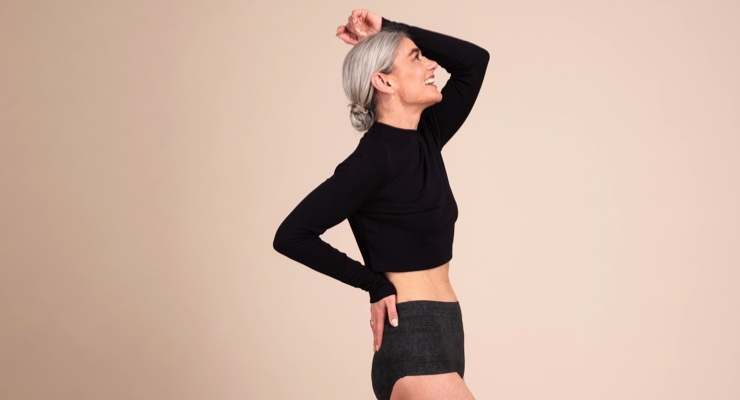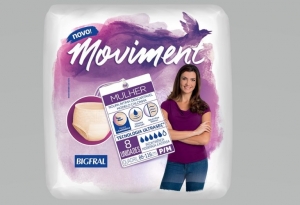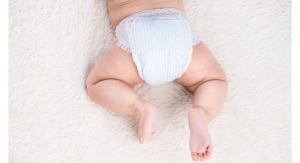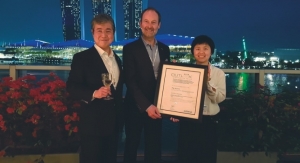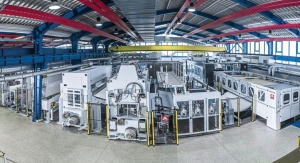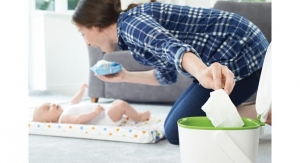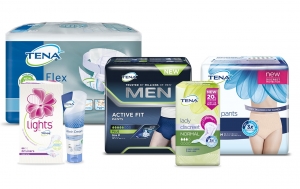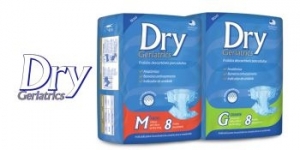07.31.18
Willow founder and CEO Will Herlands has teamed up with the founders of contact lens brand Hubble, Ben Cogan and Jesse Horwitz, to bring a superior product and customer experience to the underserved $8 billion incontinence market. Willow's disposable underwear offers comfort, confidence, and leak-free protection, delivered discreetly to consumers' doors at a fraction of the price of current market options.
In 2014, Herlands began working on his dual PhD in Machine Learning and Public Policy at Carnegie Mellon. In 2017, after consulting with the Hubble team, they saw that the incontinence market was an obvious place where massive improvements could be made both to the existing products and the uncomfortable shopping experience. Herlands and the Hubble co-founders were inspired to apply the successful Hubble business model to a product geared towards the oft-overlooked Baby Boomer and Gen X groups.
"In recent years there have been a lot of compelling brands to enter the world of ecommerce. After working with Hubble, I began thinking about the other aspects of consumer care that had been left behind in the wake of direct-to-consumer products," says Cogan.
Herlands adds, "We want Willow to bring all the convenience and cost benefits of a direct-to-consumer business to a demographic and product category that hasn't been focused on in other brands ecommerce efforts."
Currently, most incontinence sales are through in-store purchases. With Baby Boomers spending more online than Millennials and Gen X as the most active online shoppers, there is a vastly underserved market of consumers who would purchase incontinence products online, the company says.
"It was really important to us to make Willow easy and accessible to order through D2C because for many people suffering from incontinence, it can be very difficult to leave the house to go purchase disposable underwear," says Herlands. "Beyond simplicity and convenience, we also wanted consumers to experience a beautifully designed product, website, and brand experience."
Willow will ship directly to customers doors with the option to customize their colors, size, and frequency of delivery. Thirty percent of Willow's products are made of natural fibers, and the product is the slimmest on the market, which also reduces the shipping and packaging impact. The packaging is fully recycled, and as small as possible.
In 2014, Herlands began working on his dual PhD in Machine Learning and Public Policy at Carnegie Mellon. In 2017, after consulting with the Hubble team, they saw that the incontinence market was an obvious place where massive improvements could be made both to the existing products and the uncomfortable shopping experience. Herlands and the Hubble co-founders were inspired to apply the successful Hubble business model to a product geared towards the oft-overlooked Baby Boomer and Gen X groups.
"In recent years there have been a lot of compelling brands to enter the world of ecommerce. After working with Hubble, I began thinking about the other aspects of consumer care that had been left behind in the wake of direct-to-consumer products," says Cogan.
Herlands adds, "We want Willow to bring all the convenience and cost benefits of a direct-to-consumer business to a demographic and product category that hasn't been focused on in other brands ecommerce efforts."
Currently, most incontinence sales are through in-store purchases. With Baby Boomers spending more online than Millennials and Gen X as the most active online shoppers, there is a vastly underserved market of consumers who would purchase incontinence products online, the company says.
"It was really important to us to make Willow easy and accessible to order through D2C because for many people suffering from incontinence, it can be very difficult to leave the house to go purchase disposable underwear," says Herlands. "Beyond simplicity and convenience, we also wanted consumers to experience a beautifully designed product, website, and brand experience."
Willow will ship directly to customers doors with the option to customize their colors, size, and frequency of delivery. Thirty percent of Willow's products are made of natural fibers, and the product is the slimmest on the market, which also reduces the shipping and packaging impact. The packaging is fully recycled, and as small as possible.

